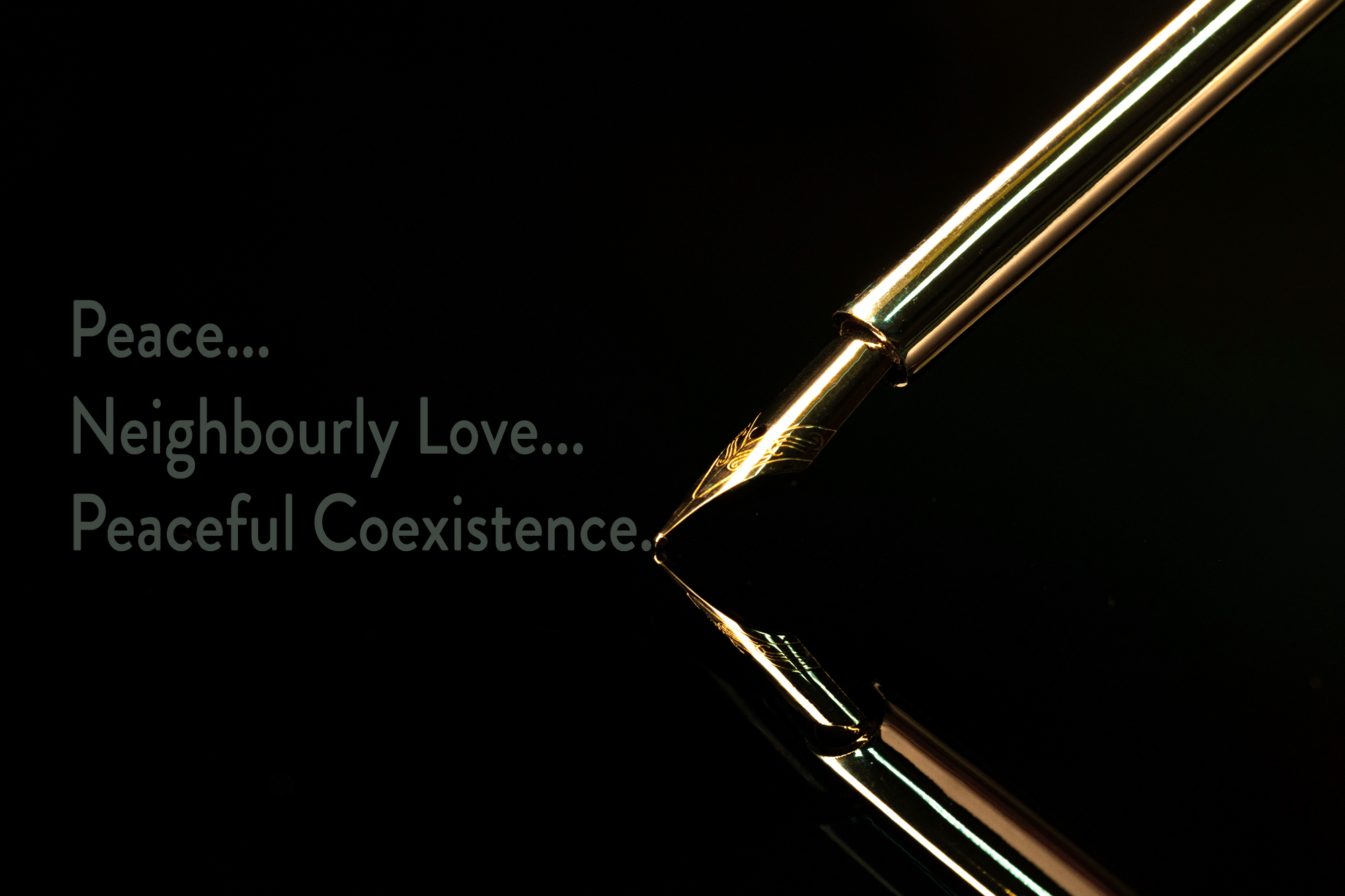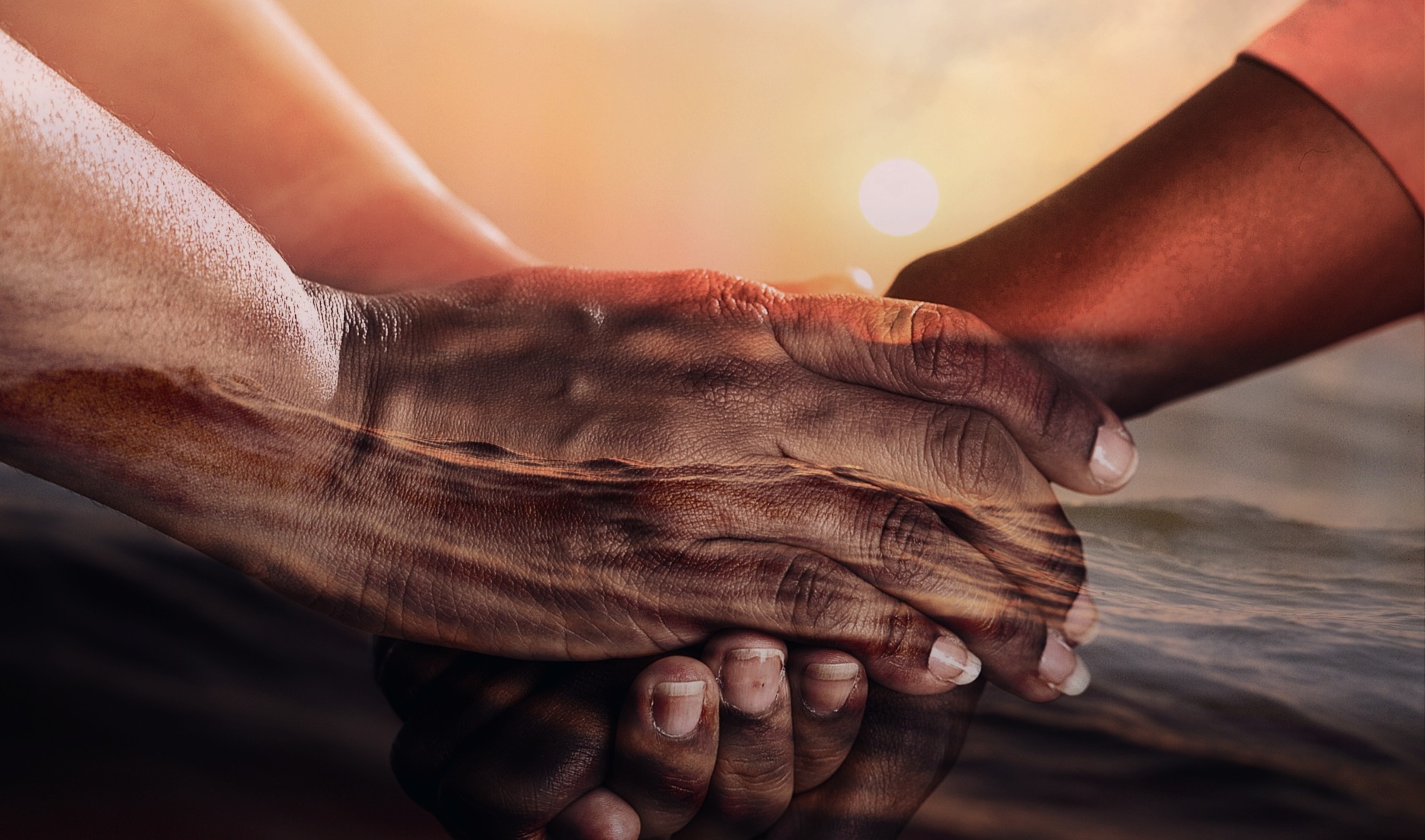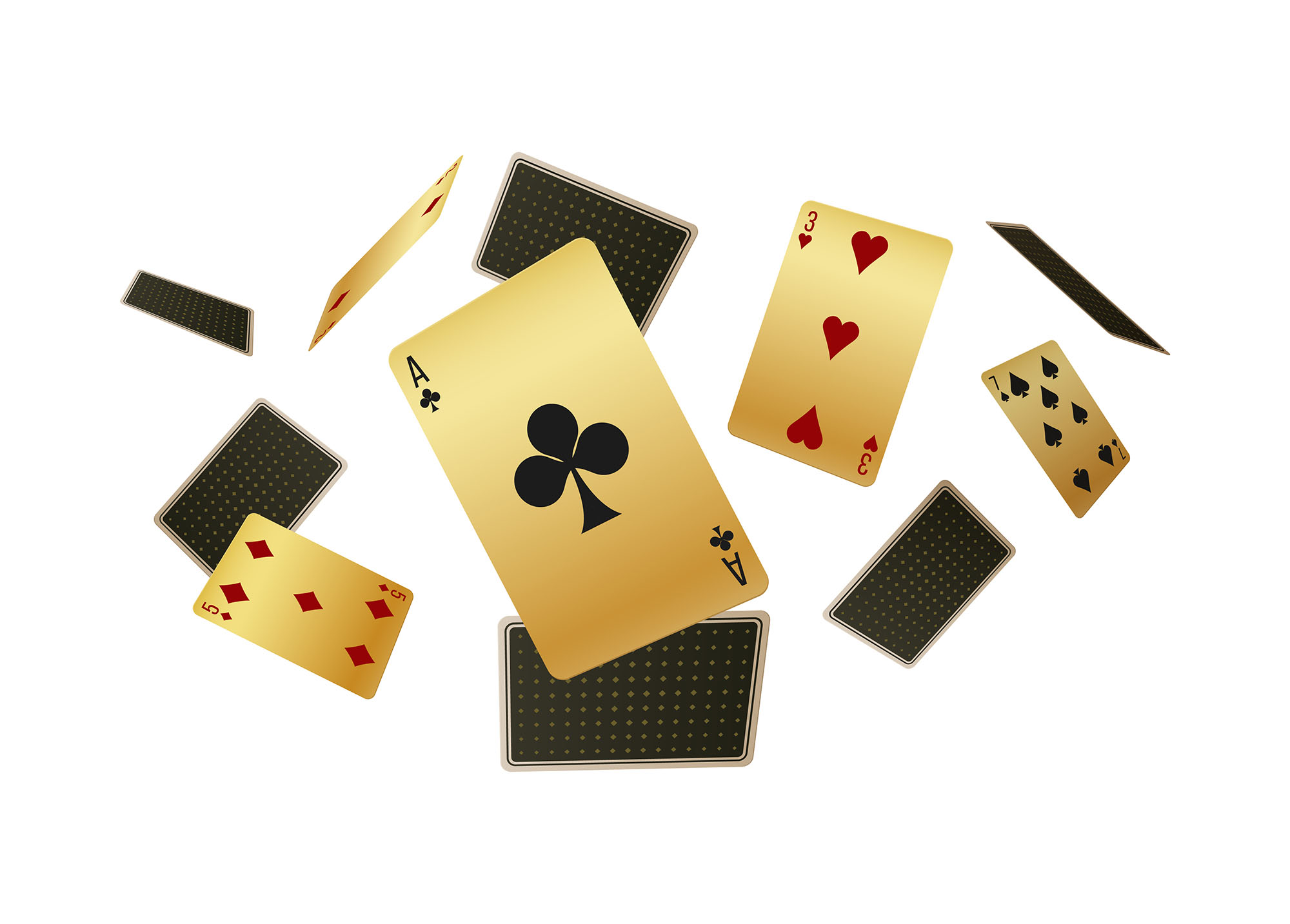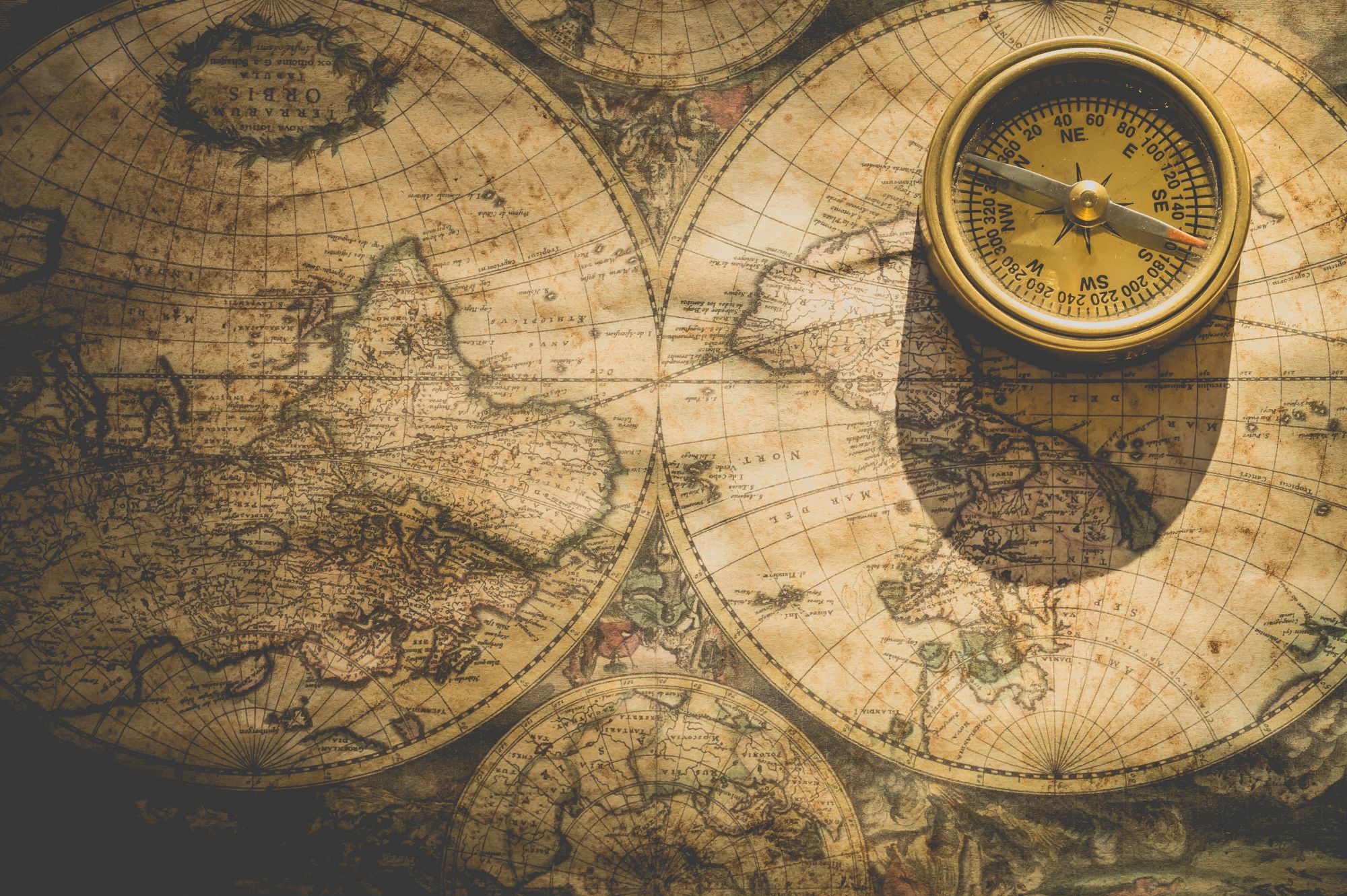
“The King’s Speech” is a movie title, rather famous: About King George VI. of England who followed his brother onto the throne in 1936. He had been Duke of York before that and no expectation to be king one day since he was the second son. And: He stammered.
A childhood impediment he had to overcome in years of training to lose some of the self-control and severe restraint he had learned during childhood.
Today we have progressed a little to understand that too much restraint can be harmful. In all directions.
It can lead to suppressed and thus half-realized emotions that can become much more harmful, if they ‘break through’ at the wrong time and in the wrong way.
Extreme consequences can be murder among men – and women.
Luckily extremities did not occur anywhere near me – but look at crime statistics, movies and documentaries as well as literature, novels, poems, plays: They abound with such records.
But no restraint at all can be a problem as well.
From childhood onwards we learn that in kindergarten, in school and later in education, academic or otherwise, our behaviour is crucial.
We ‘behave’ all the time really: At home, with kids we are a slightly different person than with a partner.
In an office again with colleagues and superiors or employees we ‘behave’ too, in the way our parents and our environment have trained us to think fit.
Sometimes, with a fiery temperament the self-control can get difficult:
-
- Maybe we realize that temperament.
- Maybe we do not. Passionate emotions are passing ‘to and fro’ unawares.
But however the case may be: At some point self-control is asked from us.
Tragically, severe self-restraint that is executed in full awareness at certain times and ‘let loose’ at other times can be mistaken for falsehood.
I’d like to make these two distinctions here as clearly as possible:
-
- Falsehood is based on knowledge of one’s own and other people’s emotions and thoughts – to consciously behave differently according to situation – that way manipulating others and abusing that kind of behaviour.
- Conscious self-restraint is a way to control impulses and passionate emotions to at least protect oneself – or others – from getting hurt in word or deed.
We should be careful to judge and keep things ‘in order’ that is: Tell the two apart.
Judging prematurely based on one’s own believes and habits can lead to tragic mistakes.









